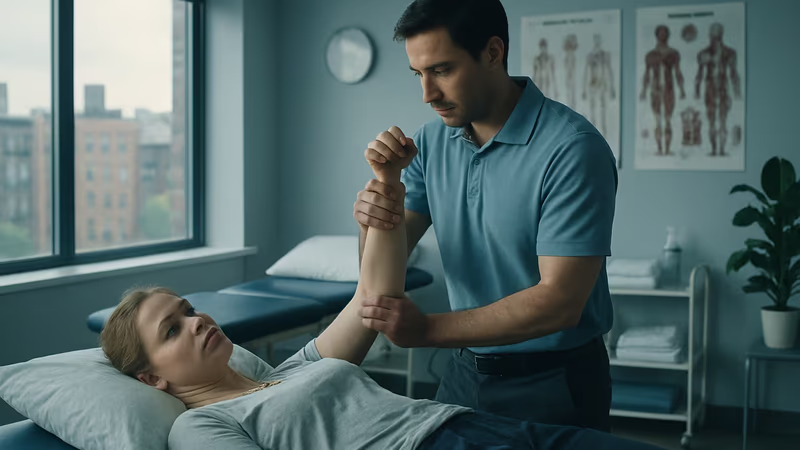Key Takeaway
Appellate Division affirms Civil Court in Alleviation Medical v Allstate, clarifying insurer obligations for exhausted policy limits and verified claims under NY no-fault law.
Alleviation Med. Servs., P.C. v Allstate Ins. Co., 2021 NY Slip Op 08159 (2d Dept. 2021)
(1) “The defendant appeals, and we affirm, albeit on different grounds than those relied upon by the Civil Court or the Appellate Term.”
(2) However, “n insurer is not required to pay a claim where the policy limits have been exhausted” (see Hospital for Joint Diseases v State Farm Mut. Auto. Ins. Co., 8 AD3d 533, 534) since, where payments made by an insurer meet or exceed the policy limits, “its duties under the contract of insurance cease” (Presbyterian Hosp. in City of N.Y. v Liberty Mut. Ins. Co., 216 AD2d 448, 448; see 11 NYCRR 65-3.15).
(3) “n insurer must pay or deny only a verified claim—that is, a claim that has been verified to the extent compliance with section 65-3.5 dictates in the particular case—within 30 calendar days of receipt; and, conversely, is not obligated to pay any claim until it has been so verified” (Nyack Hosp. v General Motors Acceptance Corp., 8 NY3d 294, 299). Once claims have been verified they are subject to the priority of payment regulation, 11 NYCRR 65-3.15 (see Nyack Hosp. v General Motors Acceptance Corp., 8 NY3d at 300).
(4) “While the defendant submitted records indicating that the subject no-fault policy had been exhausted in 2013, the defendant’s submissions failed to establish its prima facie entitlement to judgment as a matter of law. Although the defendant submitted an affidavit from one of its employees that set forth the defendant’s ordinary business practice of receiving, recording, and denying no-fault claims from medical providers, the affidavit is bereft of any specific information regarding this claim. The defendant failed to submit the no-fault application, verification, any request for verification, or any denial associated with the plaintiff’s claim for payment.”
(5) “Accordingly, there are issues of fact remaining as to when the claim was denied, and the basis and efficacy of the denial”
So we know that the policy was exhausted and that this was not enough. Yet, the Court does not want to tell us the significance of any of this. I suppose the record on this case was not clean and the Court got to kick the can down the road.
Related Articles
- Understanding collateral estoppel in no-fault insurance coverage disputes
- When loss is not covered as an insured event under policy terms
- Proving motor vehicle accidents through business records and documentation
- Material misrepresentations in insurance claims and coverage defenses
- New York No-Fault Insurance Law

